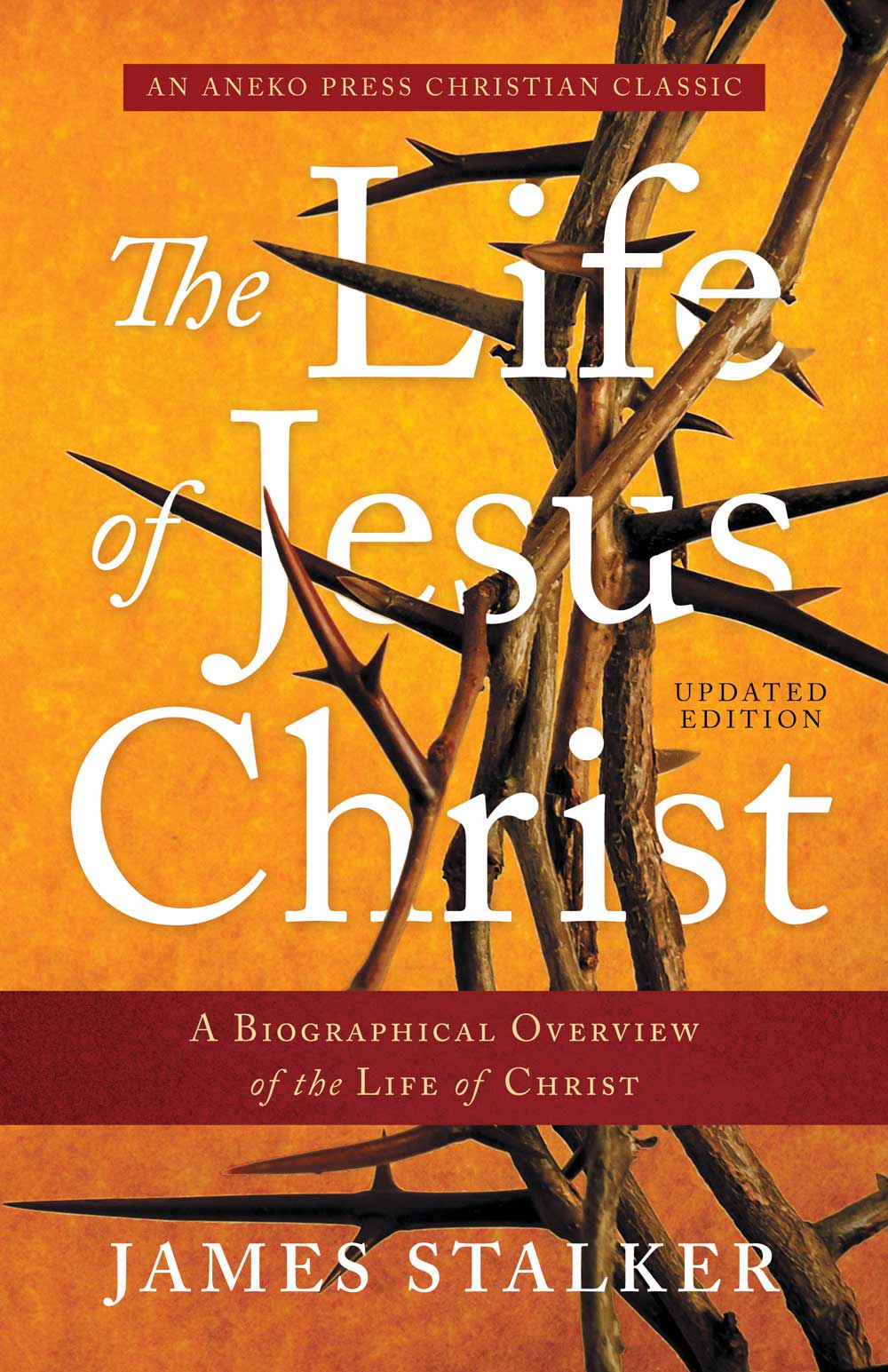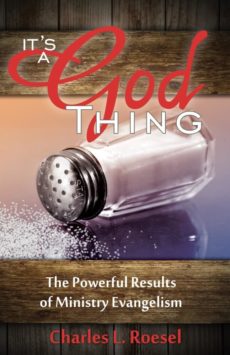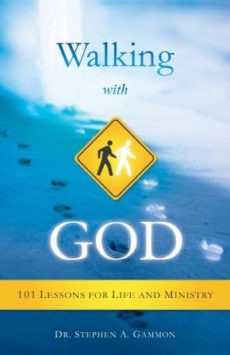The Life of Jesus Christ (eBook)
$0.00
If anyone deserves to have our attention and our interest, that person is Jesus. He is more than a hero. If we are to take up our cross and follow Him, we must understand what that means and must see what that looks like.
Share this product
Download free from:
Amazon Kindle B&N Nook Google Play Apple iBooks
There was only one man who was so important that His birth caused our calendar to split in two (B.C./A.D). There was only one man who, despite being tempted, did not sin even once. There was only one man who died for your sins and mine and by whom we can have eternal life. That man was Jesus Christ of Nazareth.
How much do you know about Jesus? Have you spent much time thinking about how He lived? Do you know Him? James Stalker carefully goes through each stage of Jesus’ life and presents, in a biographical format, what we know about our Lord and Savior, Jesus Christ.
If anyone deserves to have our attention and our interest, that person is Jesus. He is more than a hero. He is a perfect example of how we should live. He is the only one who gives us any real hope at all. If we are to take up our cross and follow Him, we must understand what that means and must see what that looks like. This book will help you to do just that.
About the Author
James Stalker was born in Crieff, Scotland, on February 21, 1848. He was educated at the University of Edinburgh, and he was ordained as a minister of the Free Church of Scotland in 1874. He began his ministry at St. Brycedale, in Kirkcaldy, in that same year, and in 1887 he began pastoral duties at St. Matthew’s in Glasgow. He was also a professor of church history at the Free Church College in Glasgow. James Stalker was a widely known preacher of his day in Scotland and America. He also authored many books, the two best known of which are his Life of Jesus Christ and his Life of St. Paul. James Stalker died on February 5, 1927.
YouTube Audiobook






1 review for The Life of Jesus Christ (eBook)
“The Life of Jesus Christ” is written by James Stalker, who was born in 1848. He was a Scottish pastor, and the book goes through Jesus’ life. I found it really helpful because he puts in various cultural things about the time that I wasn’t aware of, and that made the gospels make more sense. Often he’d describe something, then put a Bible verse referring to it, and usually it would be a verse I’d often read and thought, “Hmmm, that seems a little random.”
On Jesus’ birth, he wrote, “I n ever felt the full emotion of the scene until one day when I was standing in a room of an old inn in the market town of Eisleben, in central Germany. I was told that on that very spot, four centuries earlier, amid the noise of a market day and the bustle of a tavern, the wife of the poor miner, Hans Luther, who happened to be there on business, being surprised like Mary with sudden distress, brought forth in sorrow and poverty the child who was to become Martin Luther, the hero of the Reformation.”
“Look at the group that gathered to gaze on Him! It represented in miniature the whole of His future history.” He then mentions the shepherds representing the invisible under-classes, Simeon and Anna representing the devout and intelligent, and the Wise Men, representing the students. “There must also have been awakened in them a deeper desire, to which God responded. If their search began in scientific curiosity and speculation, God led it on to the perfect truth. This is always His way. Instead of making tirades against the imperfect, he speaks to us in the language we understand … He used the knowledge of these men, which was half falsehood and superstition, to lead them to the Light of the World.”
Stalker discusses the young Jesus in the temple as our only story from his childhood, writing “Only one flower of anecdote has been thrown over the wall of the hidden garden, and it is so exquisite that it fills us with intense longing to see the garden itself. However, it has pleased, God, whose silence is no less wonderful than His words, to keep it closed to us.”
And I found this interesting, as he ponders how much of an influence Jesus’ childhood setting had on Him: “The greater and more original a character is, the less dependent it is on the characteristics of its environment. It is fed from deep wellsprings within itself, and in its beginning there is a type enclosed that expands in obedience to its own laws and bids defiance to circumstances. In any other circumstances, Jesus would have grown to be in every important respect the very same person as He became in Nazareth.”
As to Jesus’s fondness for parables: “About 1/3 of all His sayings that have been preserved to us consists of parables. This shows how they stuck in the memory. In the same way, the hearers of the sermons of any preacher will probably, after a few years, remember the sermon illustrations far better than anything else in the sermon. These parables have remained in the memory of all generations since.”
“(Jesus is) equally understandable to all. Every hearer will receive his own portion from Him. The small and shallow mind will get as much as it can take, and the largest and deepest will get its fill at the same feast.”
At Jesus’ death: “The sorrow that He felt at seeing the ground on which He had bestowed so much labor turning out barren is to be measured only by the greatness of His love to the souls He sought to save.”
Sorry for so many quotes, but I think they give you a flavor for the book. I found it full of interesting and fresh insights, despite (or perhaps because of) it being over 100 years old. It was well worth my time.